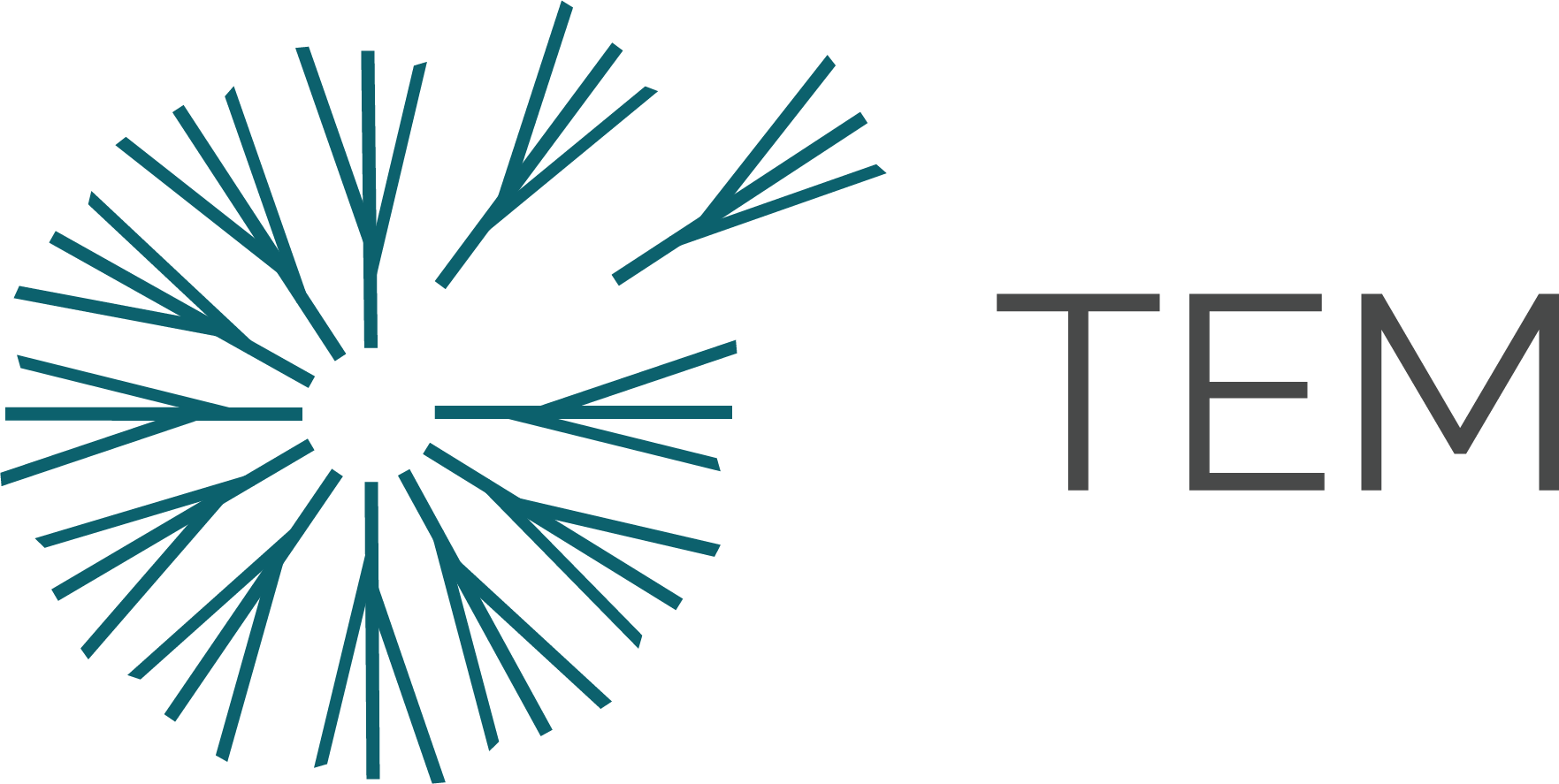The well considered integrity behind carbon offsetting

The consideration of governance and institutional arrangements regarding the trade of carbon offsets is particularly important. Most corporates using carbon offsets in Australia act within the voluntary carbon offset market. As such, the purchase and use of carbon offsets in this market are as a reputational product, and these consumers deserve a level of consumer protection. To ensure the highest integrity there are several industry organisations and legal requirements ensuring the trade of high-quality and high-integrity carbon offsets is achieved.
Extending this list to cover companies that provide corporates with carbon offsets, and ensuring these firms have the following certifications, help ensure the high integrity of carbon offsets used within Australia’s voluntary market:
- The Australian Carbon Industry Code of Conduct, administered by the Carbon Market Institute, signatories
- B Corp certification
- Australian Financial Service Licence (AFSL) holders
The Australian Carbon Industry Code of Conduct (the Code) is administered by the Carbon Market Institute (CMI). It is a world-leading domestic consumer protection code for Australia’s carbon offset industry. This voluntary and industry-led Code aims to promote market integrity, consumer protection and appropriate interaction with carbon offset project stakeholders. Signatories to the Code are committed to developing and conducting their business in line with industry best practice and interacting with their clients and other stakeholders in a professional and ethical manner. As such, the Code ensures that provision of carbon offsets by signatories to consumers are of high quality and high integrity.
B Corp Certified companies meet ambitious standards of verified performance, accountability, and transparency on factors from employee benefits and charitable giving to supply chain practices and input materials.
To achieve certification a company must:
- demonstrate high social and environmental performance,
- make a legal commitment by changing their corporate governance structure to be accountable to all stakeholders, not just shareholders, and
- exhibit transparency by allowing information about their performance measured against B Lab’s standards to be publicly available
In Australia it is a legal requirement that organisations who sell Clean Development Mechanism (CDM) Certified Emissions Reductions (CERs) and ACCUs hold a wholesale Australian Financial Service Licence (AFSL) when selling to wholesale clients and a retail Australian Financial Service License (AFSL) when selling to retail clients.
Currently there are companies operating within the carbon offset market, selling CERs and ACCUs, who do not hold an AFSL.
TEM works extensively with the above organisations and is supportive of the existing governance arrangements in place within these schemes. Schemes such as the Clean Development Mechanism (CDM), Verified Carbon Standard (VERRA) and the Gold Standard are robust with well-established procedures for project validation, verification, and auditing. These schemes have demonstrated they are able to continually evolve as markets and technologies evolve, and as community expectations change. These international schemes have, in many ways, led the way in the continual development of integrity and quality.
It is TEM’s position that part of good governance is ensuring stakeholders understand what these governance arrangements are and that these arrangements are well communicated and clearly defined.
This is why TEM operates under the governance structure that we do.



